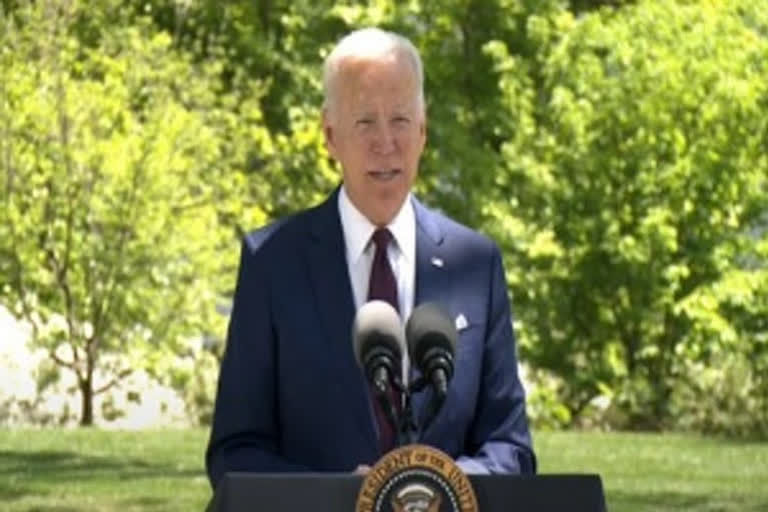Washington:President Joe Biden's decision to form a strategic Indo-Pacific alliance with Australia and Britain to counter China is angering France and the European Union. They're feeling left out and seeing it as a return to the Trump era.
The security initiative, unveiled this week, appears to have brought Biden's summer of love with Europe to an abrupt end. AUKUS, which notably excludes France and the European Union, is just the latest in a series of steps, from Afghanistan to East Asia, that has taken Europe aback.
After promising European leaders that America is back and that multilateral diplomacy would guide US foreign policy, Biden has alienated numerous allies with a go-it-alone approach on key issues. France's foreign minister expressed total incomprehension at the recent move, which he called a stab in the back, and the EU's foreign policy chief complained that Europe had not been consulted.
Some have compared Biden's recent actions to those of his predecessor, Donald Trump, under Trump's America First doctrine. That's surprising for a president steeped in international affairs who ran for the White House vowing to mend shaken ties with allies and restore US credibility on the world stage.
Also Read:Johnson expected to hold bilateral talks with Biden during UNGA
Although it's impossible to predict if any damage will be lasting, the short-term impact seems to have rekindled European suspicions of American intentions - with potential implications for Biden's broader aim to unite democracies against authoritarianism, focused primarily on China and Russia.
Just three months ago, on his first visit to the continent as president, Biden was hailed as a hero by European counterparts eager to move beyond the trans-Atlantic tensions of the Trump years. But that palpable sense of relief has now faded for many, and it's one clear winner, German Chancellor Angela Merkel, is on her way out.
Since June, Biden has infuriated America's oldest ally, France, left Poland and Ukraine questioning the US commitment to their security and upset the European Union more broadly with unilateral decisions ranging from Afghanistan to East Asia. And, while Europe cheered when Biden pledged to return to nuclear negotiations with Iran and revive Israeli-Palestinian peace talks, both efforts remain stalled nine months into his administration.
The seeds of discontent may have been sown in the spring but they began to bloom in July over Biden's acquiescence to a Russia-to-Germany gas pipeline that will bypass Poland and Ukraine, and a month later in August with the chaotic US withdrawal from Afghanistan that left Europe scrambling to keep up after it had expressed reservations about the pullout.
